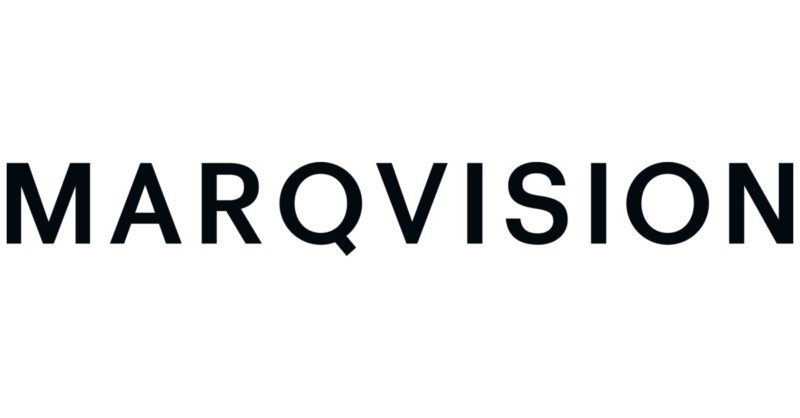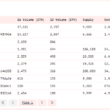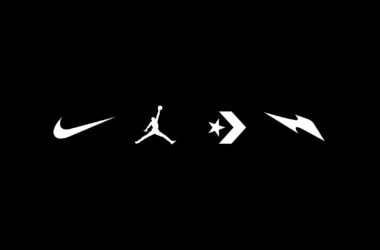Quick take:
- MarqVision was originally incubated at Y Combinator.
- DST Global Partners and Atinum Investments joined previous investors Softbank Ventures, Bass Investment in the funding round.
- The funding brings the company’s total funds raised to $25 million.
MarqVision, the builder of an AI-powered intellectual property (IP) protection platform, today announced that it has raised $20 million in Series A funding, co-led by DST Global Partners and Atinum Investment.
Existing investors SoftBank Ventures, Bass Investment and Y Combinator also joined the round. Founded in 2020 by graduates from Harvard Law School and MIT, MarqVision was originally incubated at Y Combinator.
The funding brings the company’s total funds raised to $25 million, including a $5 million seed round raised last September.
MarqVision will use the funds to extend its services in the coming months to cover all aspects of creation, management, protection, and monetisation of IP rights through a new IP operating system. Part of the funds will also be used to open a new operation in Paris as many of the company’s current clients are European luxury brands.
According to the company, counterfeiting is the largest criminal enterprise in the world with global sales of counterfeits expected to reach $3 trillion by 2023.
While brands have traditionally relied on law firms to deal with infringers, it is practically impossible to take effective legal action against millions of counterfeits that are traded in real-time. Even online brand protection agencies hire monitoring agents to manually search for infringements – a highly labour-intensive process. MarqVision’s technology was built to tackle this problem.
The company has developed AI and machine-learning technology that removes counterfeits from over 1500 global online marketplaces, covering e-commerce, social media and NFT platforms.
The counterfeited items that are harder to detect with the company’s AI technology will go through human review. Mark Lee, the co-founder and CEO of MarqVision, told TechCrunch that half of the counterfeit reports filed using AI and software do not need to undergo human inspection, claiming that the reports have 97% accuracy.
“Creative assets are under assault in today’s digital world, with content owners left largely unprotected as consumers get hoodwinked into buying fake goods and NFTs by sophisticated counterfeiters,” said Lee. “With this new round of funding, we can accelerate our mission of building the world’s first IP operating system to give brand owners full control of their IP portfolios.”
Lee, who is a legal expert with a specialisation in trademark, copyright, and patent laws, also said that MarqVision has automated the process of reporting fake items to marketplaces, including drafting documents, proofs, and reasons for reporting.
NFT fraud detection services are fast becoming a niche market in the Web3 space over the past few months. For instance, OpenSea recently implemented its own “copymint” detection system while NFT fraud detection service Dopple raised $5 million to enhance its capabilities in May.
In June, DeviantArt launched its own API, named Protect Protocol, that detects NFT copies across multiple blockchains and marketplace while NFT fraud prevention startup Tovera acquired NFT fraud detection project SnifflesNFT to strengthen its counterfeit image detection capabilities.
Stay up to date:





